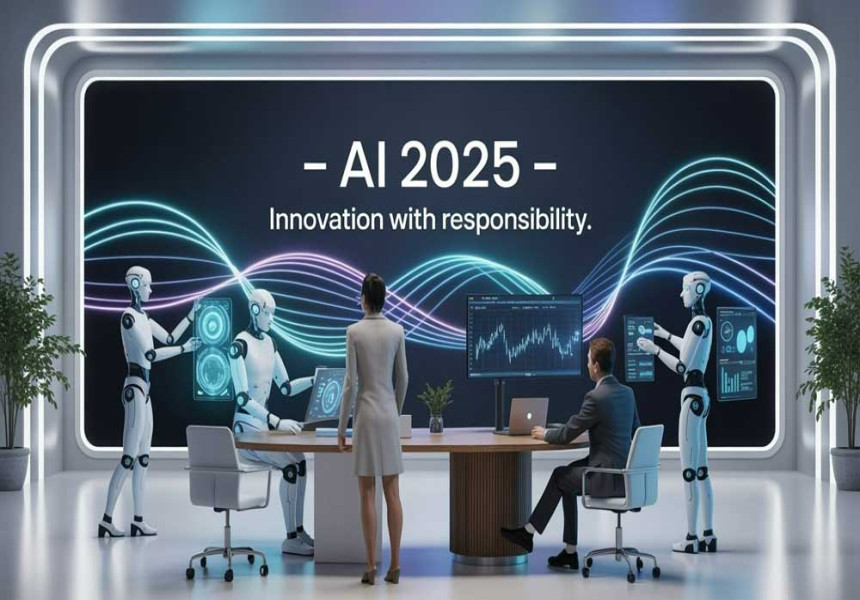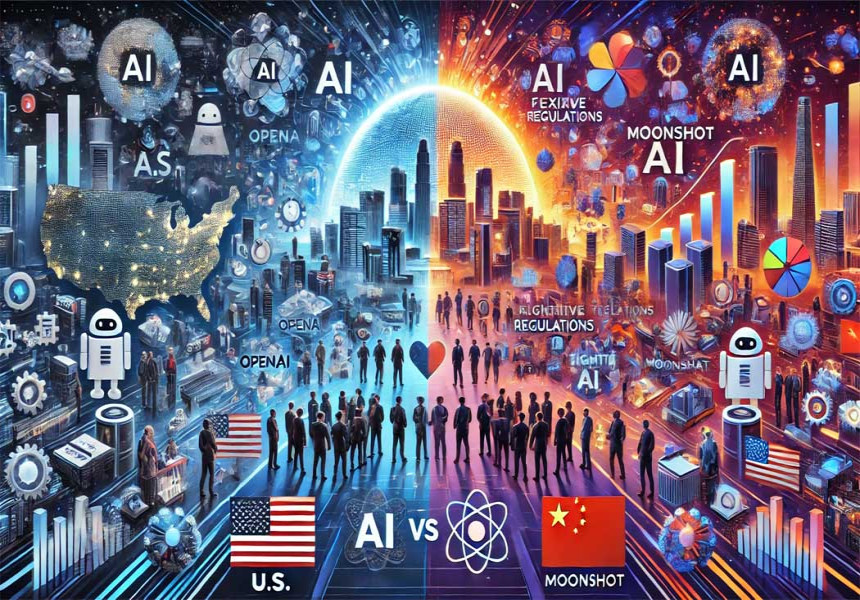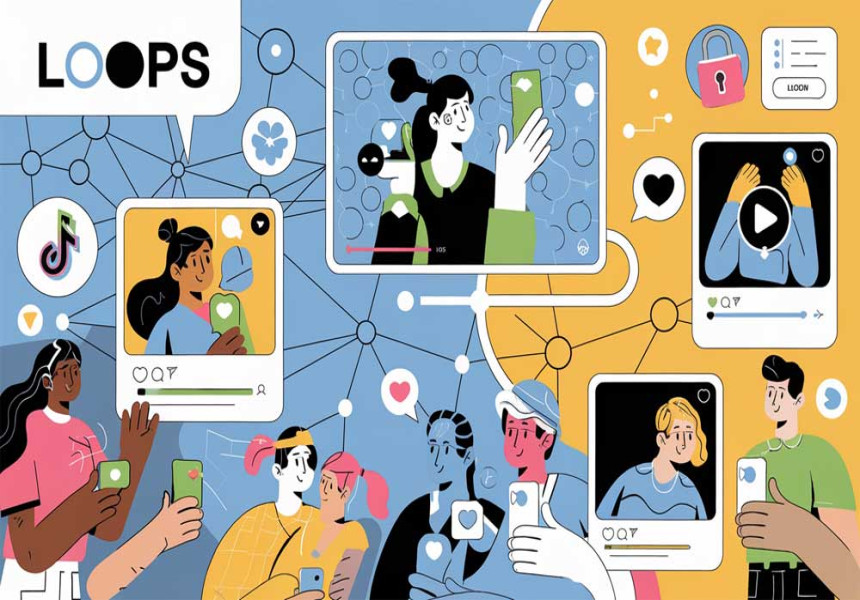AI in 2025: The Rise of Agentic AI and the Shift Toward Precision, Ethics, and Real-World Impact
As we progress through 2025, artificial intelligence continues to reshape business, society, and technology at an unprecedented pace. Leading voices across industry, academia, and policy converge on several key themes: the rise of AI agents, the maturation of AI applications beyond experimentation, the ethical and governance challenges, and the broader economic and societal impacts.
The Rise of AI Agents and Practical AI Applications
A dominant narrative among experts is that 2025 marks the year AI agents come of age. These agentic AI systems operate with increasing autonomy, capable of completing complex tasks across domains-from IT troubleshooting and supply chain management to personalized finance and customer support.
Charles Lamanna, Corporate Vice President at Microsoft, envisions a future where “you'll have a team of agents working for you,” handling operational tasks proactively and seamlessly.
Similarly, Ahmad Al-Dahle of Meta highlights AI agents evolving from simple assistants to sophisticated collaborators integral to daily work and life. IBM’s Ashoori confirms that 99% of developers are now building or exploring AI agents, signaling a major shift in AI deployment paradigms.
This shift is paralleled by a move from generic AI experimentation to targeted, high-value business solutions. Megh Gautam, Chief Product Officer at Crunchbase, predicts companies will increasingly adopt AI tools that drive measurable improvements in core business metrics such as sales optimization and customer support automation.
Rob Toews of Forbes adds that AI’s future will emphasize “right-sized” models that balance precision, cost-efficiency, and sustainability, with data security becoming foundational
.
Industry-Specific Transformations and AI Integration
AI’s impact is particularly pronounced in healthcare, manufacturing, finance, and scientific research. NVIDIA’s Kimberly Powell foresees robots assisting clinicians in complex surgeries and human-robotic interactions advancing medical care.
Quantum computing, as noted by Rajeeb Hazra of Quantinuum, is expected to synergize with AI to unlock breakthroughs in material design, climate modeling, and personalized medicine.
Moreover, AI’s ability to process unstructured data at scale will revolutionize enterprise analytics. Andi Gutmans from Google Cloud predicts that “dark data” in documents, images, and videos will be illuminated by AI, transforming how businesses reason about and leverage their data assets.
This deep integration across sectors is echoed by the Prosus AI community and Dataversity analysts, who emphasize AI’s role in improving efficiency, personalization, and software development automation
.
Ethical, Governance, and Workforce Considerations
While optimism about AI’s potential abounds, experts uniformly stress the need for responsible governance and ethical frameworks. Fei-Fei Li advocates for human-centered AI development that prioritizes fairness, inclusion, and mitigation of bias.
Melanie Mitchell warns of the risks posed by autonomous AI agents making errors with significant consequences, underscoring the importance of oversight.
Policy experts at Georgetown’s CSET highlight critical questions around AI scaling laws, governance of decentralized training, and human-machine teaming to mitigate automation bias and other harms.
The Pew Research survey reveals widespread expert concern about AI’s impact on democratic processes, with a majority fearing potential harm to elections and political discourse.
Workforce impacts are a major focus. Andrew Ng stresses the importance of reskilling and responsible deployment to balance productivity gains with job transitions.
Daron Acemoglu warns of potential economic harms like job displacement and inequality if AI deployment is unregulated. Investments in education and nontraditional talent pathways are seen as vital to prepare workers for an AI-augmented future.
Economic and Market Dynamics
The AI market continues to expand rapidly, with private AI companies approaching valuations exceeding $100 billion, according to Pitchbook’s Brendan Burke.
However, AI expenses are expected to rise significantly as organizations invest in infrastructure, talent, and compliance. The Federal Reserve’s interest rate outlook and broader economic conditions will also influence AI adoption and innovation strategies.
Looking Ahead: Balancing Innovation and Responsibility
The collective expert view for 2025 is that AI will increasingly embed itself into the fabric of business and daily life, transitioning from hype to impactful, measurable applications. Yet this progress demands balancing innovation with accountability, ethical use, privacy protection, and workforce readiness.
The challenge is to navigate AI’s rapid evolution with “equal parts ambition, humility, and comfort with uncertainty”.
The road ahead calls for collaboration among developers, policymakers, businesses, and society to harness AI’s transformative power while safeguarding against its risks.
This synthesis reflects the broad spectrum of expert insights shaping the AI landscape in 2025, highlighting both the promise and the complexity of this defining technology.









